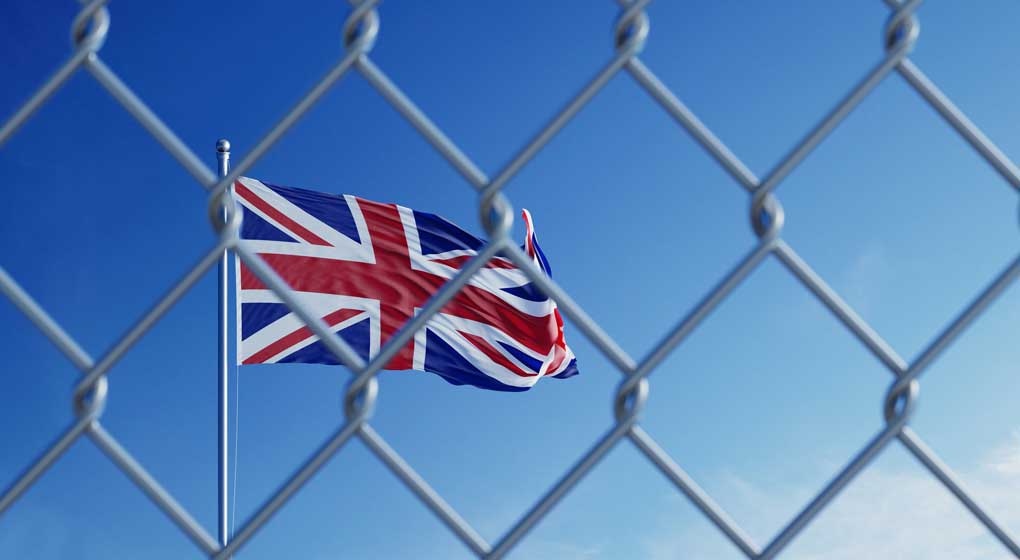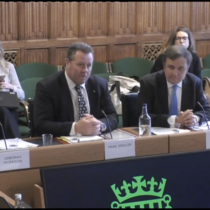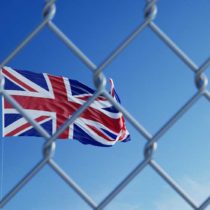Protecting a fragile trade by protecting standards
A key objective of Brexit is to pursue an independent trade policy and to be ‘free’ of EU rules and regulations. Its proponents would have it that there are vast opportunities outside the EU and that the securing of lucrative trade deals will open these up to UK businesses.
Actually, some of this is probably true though I have previously made the point that the proximity of a wealthy market without tariffs or non-tariff barriers will not be easily replaced. I would argue that it cannot be replaced.
But let’s set aside for a moment any value judgement on that and look at a clear success story based significantly on trade outside the EU; UK pork exports. Let me say straight away that I recognise the equal importance of exports for the other meat sectors and I choose pork purely by way of example.
Despite being a net importer of pigmeat, the UK punches well above its weight as an exporter of pork. UK’s self-sufficiency in pork has been running at around 53% over the last few years and yet the level of pork exports as a percentage of production is in the order of 30%. This underlines the vital role export markets have in maximising returns and balancing demand for products which have lower or no structural demand in the UK. A key feature of this trade has been the rapid rise in exports to non-EU markets which represented 33% of exports by value in 2017 and 36% in 2018. And the pace is increasing with exports to non-EU markets representing some 46% of exports by value in 2019 to date.
Despite being a net importer of pigmeat, the UK punches well above its weight as an exporter of pork.
While the Far East in general and China in particular are the major destinations, the importance of the United States as a high value market should not be underestimated with over 30% of pork exports by value going there in 2018. Sadly that trade has been badly damaged by the UK being targeted with 25% tariffs on pork by the US as a consequence of an unrelated dispute over subsidies in the aircraft industry. It’s perhaps a telling sign that our ‘Special Relationship’ appeared to count for nothing!
In total pork and pork offal exports including intracommunity trade were worth over £370 million in 2018 and the crisis in supply caused by African Swine Fever has seen a further rise this year with the comparable figure to the end of August alone reaching £290 million and a third of all shipments going to China.
It has taken a tremendous amount of effort to get to this point. All credit to the AHDB, the UK Export Certification Partnership and DEFRA for their dedication and persistence in driving this forward and continuing to extend market access. But the risk of losing market access is very real and we must guard against any complacency and it is in this respect that I want to express concern.
The trade we have secured with these markets is not based on trade agreements but on strict compliance with the importing countries food safety and animal health requirements. To maintain this we have to guarantee the integrity of our own food safety systems and biosecurity. We do this in two way fundamentally, operating our own internal systems to the highest standards and making sure that we don’t bring into the country anything that might compromise food safety or animal health. Many of these markets will simply immediately ‘delist’ the UK if we do and that risk will extend to trade with the EU once we are no longer a Member State
Currently, we rely on the policing functions of the European Commission both in term of how it inspects, approves and audits 3rd country suppliers and manages biosecurity at its borders.
Once we leave the EU, every aspect of this will fall on the UK’s competent authorities. First, this needs to be properly resourced with teams of our own inspectors travelling the globe to check that our standards are met. Second, we can’t, purely in the interest of avoiding delays at borders, wave through goods without checking, wherever they have come from. The EU will certainly not extend the same courtesy to us and they have very good reasons for checking things at or near borders and not at points well inside their territory as doing so significantly increases risk. Finally, in the pursuit of Free Trade Agreements we cannot allow our standards to be compromised. This risks not only undermining the competitiveness of our producers and processors but also our own biosecurity and food safety status.
Our exporters have shown what is achievable and can play a key part in the success of any new trade strategy a future government may pursue but we look to that government also to take all necessary measures to secure our borders in terms of biosecurity and to ensure that those countries wishing to export to the UK fully meet our standards.







